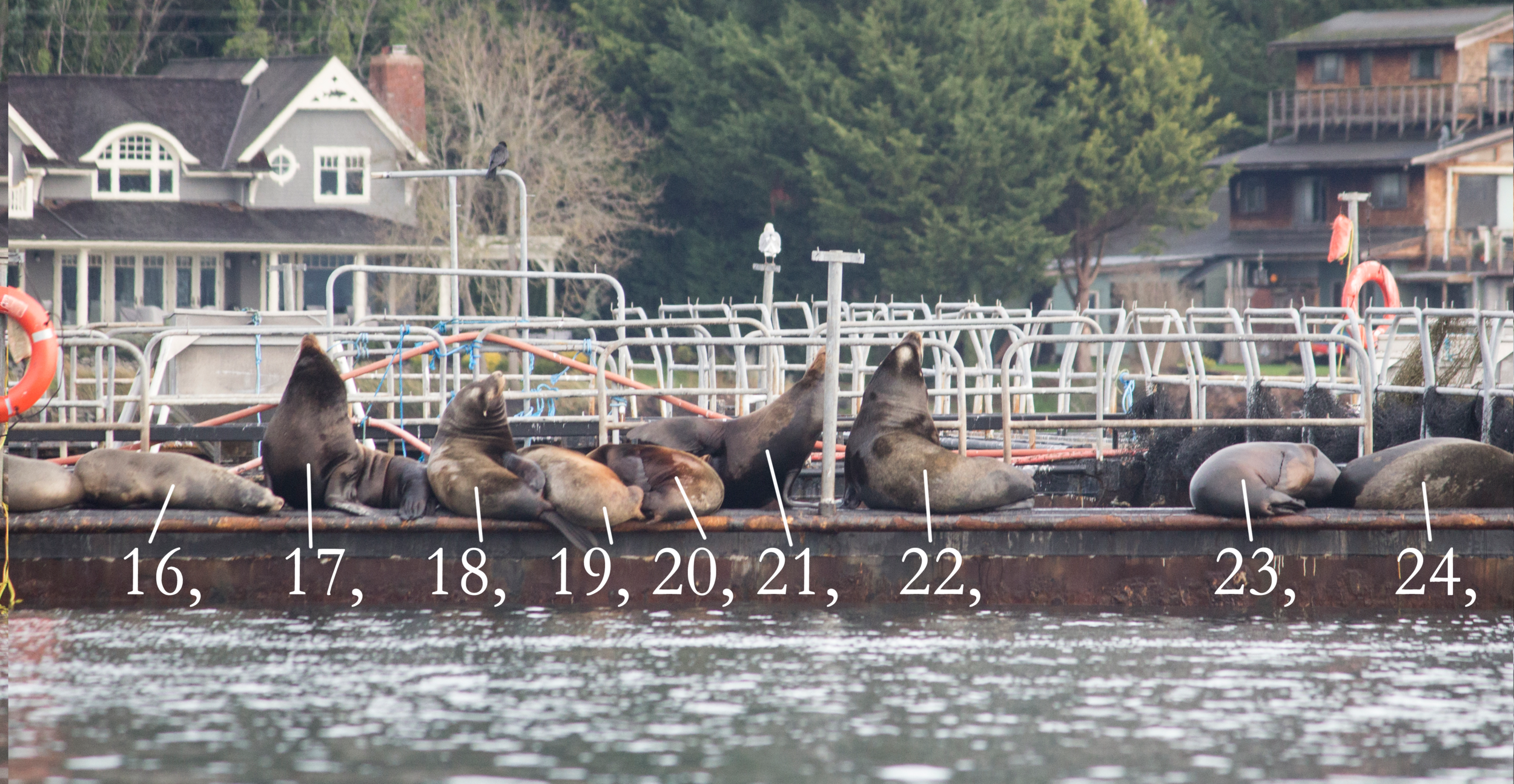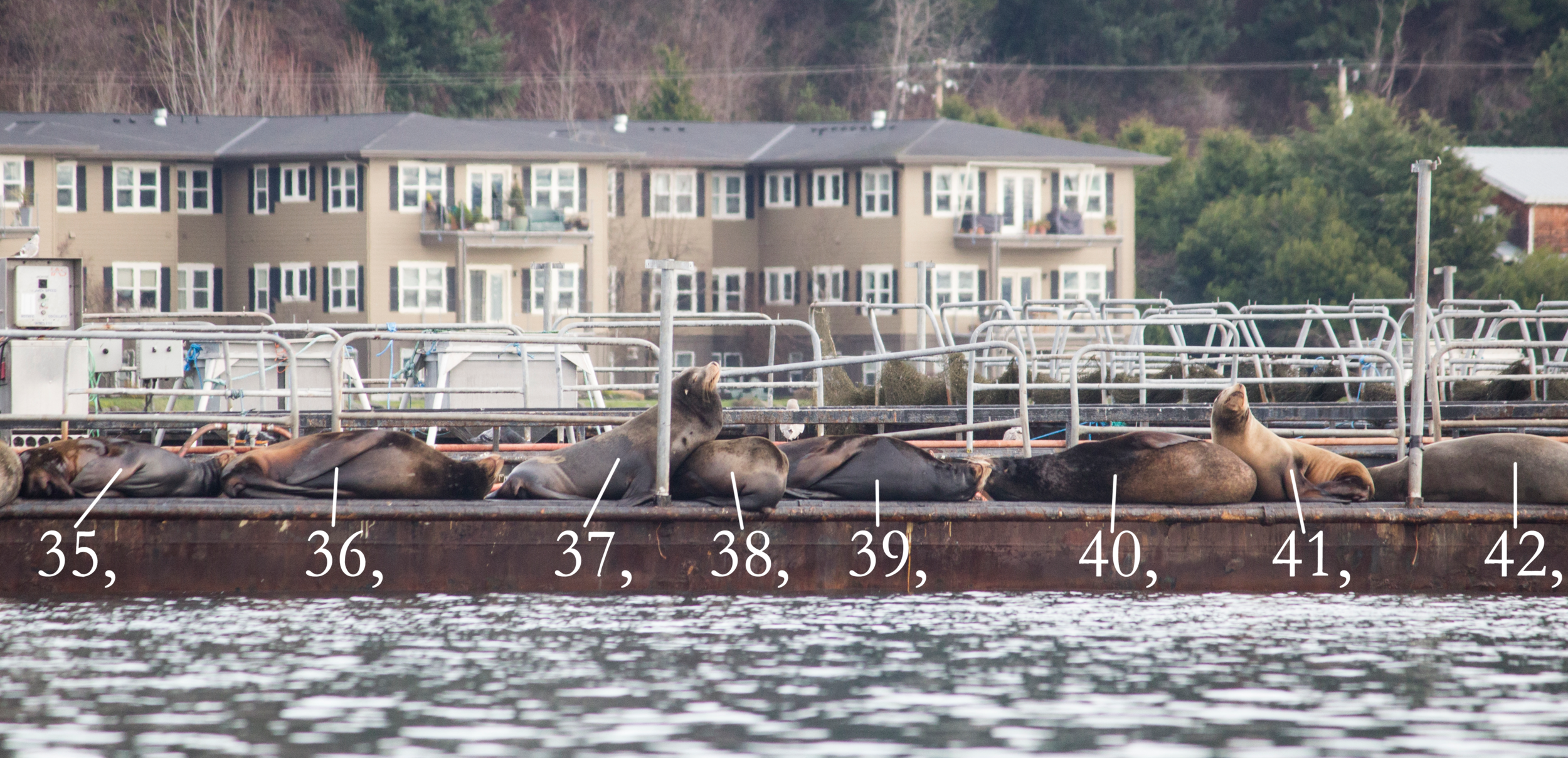Over $1 million in Clean Water Act violation settlement funds— profits earned by the net pen industry at the expense of Puget Sound’s wild salmon, orcas, and ecosystems— turned into a power for good to help recover endangered Southern Resident orcas.
In 2017, shortly after the Cypress Island net pen collapse that spilled over 300,000 nonnative Atlantic salmon infected with an exotic virus into Puget Sound, Our Sound, Our Salmon founder Wild Fish Conservancy filed a citizen suit to hold Cooke Aquaculture accountable for multiple violations of the Clean Water Act (CWA).
Throughout the two year case two federal Judge’s upheld nearly all of Wild Fish Conservancy’s summary judgments and claims, and days before having to defend themselves in court, Cooke agreed to Wild Fish Conservancy’s settlement terms. Learn more about the Court’s findings.
In addition to agreeing to stricter regulations and reporting requirements, the agreement required Cooke to cover WFC’s litigation expenses and contribute over $1 million to create the Orca Fund, a new mitigation fund and grant program at the Rose Foundation for Communities and the Environment designed to protect endangered Southern Resident killer whales and to improve the water quality they depend on.
This winter, the Orca Fund distributed its first round of grants, awarding nearly $300,000 to support a docket of five inspiring research, education, and advocacy projects.
Southern Resident killer whales, NOAA
These projects are being led by nonprofits and research institutions throughout the Salish Sea region and address a diverse array of aspects of Southern Resident killer whale health and recovery, including:
developing tools, materials, and campaigns to educate and engage the public on this important issue
conducting research to monitor and assess the health of the Southern Resident population and their prey
improving our knowledge and understanding of the factors contributing to the population’s alarming decline
evaluating the success of recovery actions
helping to guide policy makers and elected officials in developing management actions that reflect best available science
We are excited to see these Clean Water Act violation settlement funds— profits earned by Cooke at the expense of Puget Sound’s wild salmon, orcas, and ecosystems— turned into a power for good to help recover our region’s beloved and critically endangered Southern Resident orca population.
Our congratulations and appreciation to all of the Orca Fund grant recipients and the Rose Foundation for Communities and the Environment!
Further Reading
Check out our previous news stories describing two ongoing legal actions to hold the net pen industry and government responsible for protecting Puget Sound from the environmental impacts of commercial net pen aquaculture:
Cooke Aquaculture Faces a New Lawsuit | February 12, 2021
Environmental Groups Appeal Approval Of Cooke's New Net Pen Project To Washington’s Supreme Court | November 23, 2021



























